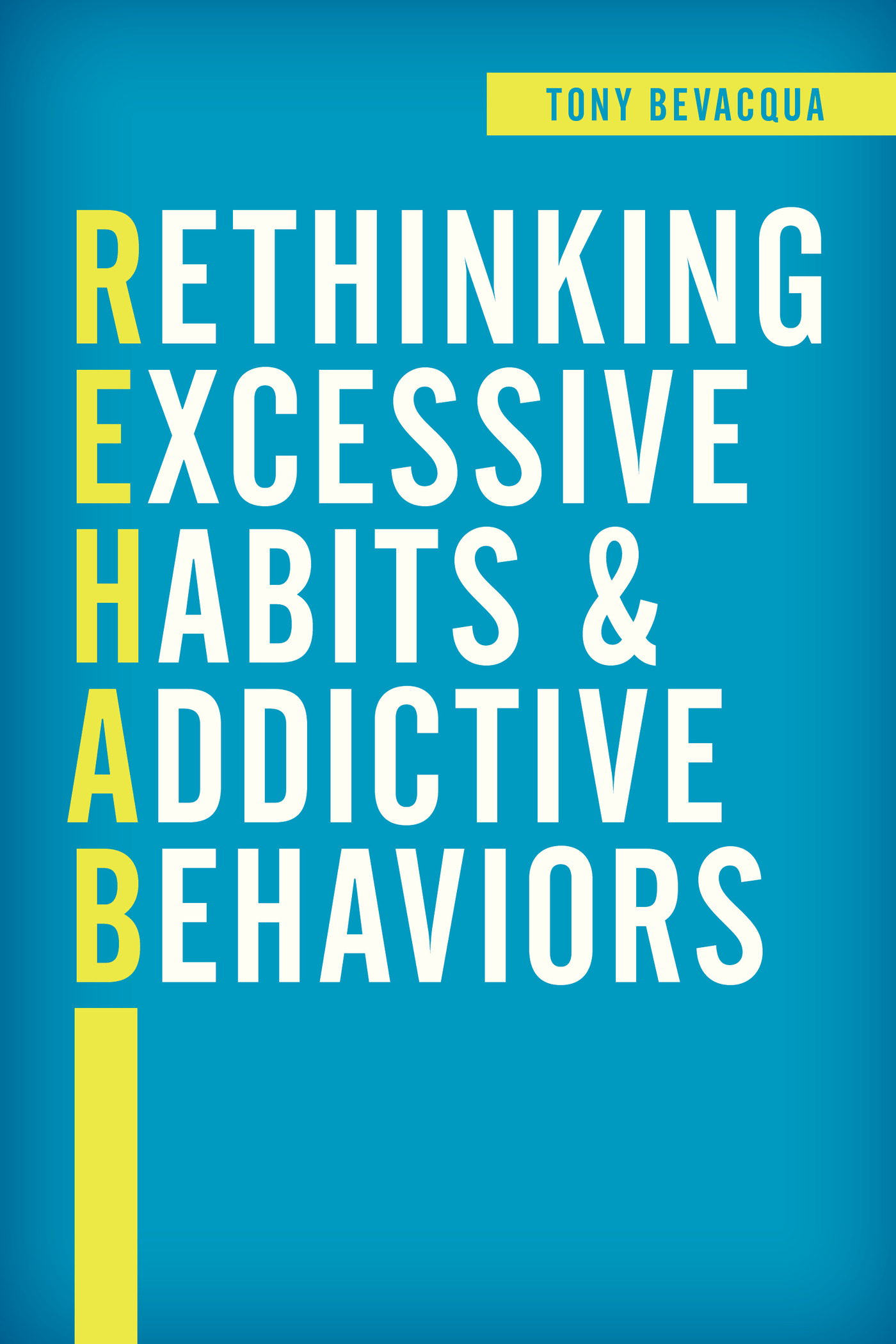Rethinking Excessive
Habits and Addictive
Behaviors
Rethinking Excessive
Habits and Addictive
Behaviors
Tony Bevacqua
ROWMAN & LITTLEFIELD
Lanham Boulder New York London
Published by Rowman & Littlefield
A wholly owned subsidiary of The Rowman & Littlefield Publishing Group, Inc.
4501 Forbes Boulevard, Suite 200, Lanham, Maryland 20706
www.rowman.com
Unit A, Whitacre Mews, 26-34 Stannary Street, London SE11 4AB
Copyright 2015 by Tony Bevacqua
This book represents reference material only. It is not intended as a medical manual or as treatment, and the information presented here is meant to assist the reader in making informed choices regarding wellness. This book is not a replacement for treatment(s). If the reader believes he or she is experiencing a medical or psychological issue, professional help is recommended. Mention of particular products, companies, or authorities in this book does not indicate endorsement by the publisher or author.
All rights reserved. No part of this book may be reproduced in any form or by any electronic or mechanical means, including information storage and retrieval systems, without written permission from the publisher, except by a reviewer who may quote passages in a review.
British Library Cataloguing in Publication Information Available
Library of Congress Cataloging-in-Publication Data
Bevacqua, Tony.
Rethinking excessive habits and addictive behaviors / Tony Bevacqua.
pages cm
Includes bibliographical references and index.
ISBN 978-1-4422-4829-8 (cloth : alk. paper) -- ISBN 978-1-4422-4830-4 (electronic)
1. Compulsive behavior. 2. Substance abuse. I. Title.
RC533.B48 2015
616.85'84--dc23
2015000014
 TM The paper used in this publication meets the minimum requirements of American National Standard for Information Sciences Permanence of Paper for Printed Library Materials, ANSI/NISO Z39.48-1992.
TM The paper used in this publication meets the minimum requirements of American National Standard for Information Sciences Permanence of Paper for Printed Library Materials, ANSI/NISO Z39.48-1992.
Printed in the United States of America
Foreword
The field of addictive treatment has been stagnant for far too long. Though Alcoholics Anonymous (AA) arose in the 1930s to offer hope and inspiration to those suffering from alcohol dependency, the organization has become more of an obstacle than a beacon over the following decades. AAs core concepts of individual powerlessness and addiction as an inevitably incurable and lifelong disease are detrimental to personality growth and change. So too is AAs treatment that encourages individuals with alcohol dependency to focus exclusively on abstinence only without enhancing their need for subjective well-being. Certainly, the specialties of both humanistic and positive psychology in which Ive been an active scholar for thirty years have presented alternative ways of viewing alcohol-related problems.
Nevertheless, for important sociohistorical reasons, AAs ideology has not only been essentially unchallenged for many decades, but has even increased its influence through countless twelve-step programs. Though such programs have been lampooned in comedic books, television shows, and movies (Hi, my name is Al and Im an alcoholic), the AA ideology and treatment approach remains hugely influential. This influence is not merely intellectual: It dominates clinics, hospitals, psychotherapy offices, and rehab centers throughout the United States. Even our countrys judicial system accepts this ideology unquestioningly if not enthusiastically.
Of course, professional critics exist. But they tend to be few and far betweenand generally either academicians or journalists. One of these exceptions is Tony Bevacqua, a Los Angeles-based personal and corporate coach and college psychology instructor whom Ive known professionally for the past five years. We first became acquainted through my biography of Abraham Maslow and related articles in various journals.
Though I was aware from my own experience as a clinical psychologist that addiction treatment based on the AAs twelve-step model was dismally ineffective, Tony Bevacqua helped me to see exactly why. As a result of our many phone conversations and e-mail exchanges spanning the continental United States, we decided to collaborate on an article tracing the historical roots of this influential modeland which was subsequently published in the Journal of Humanistic Psychology.
Since then, Ive been aware of Tony Bevacquas continuing efforts to explicate the conceptual and treatment deficiencies of the twelve-step approachand to help promulgate a more effective way of helping the millions of men and women struggling today to overcome their debilitating addictions. I recently learned that he had completed his long-term goal of writing a book on the themes about which hes been lecturing ardently for several yearsand was honored to write this foreword. Articulated clearly and forcefully, this book provides a much-needed message for both professionals in this field and lay individuals eager for a fresh perspective.
Particularly interesting to me is Tony Bevacquas usage of behavioral principles based on Albert Banduras seminal work known as social learning theory, in addition to incorporating insights on personality development based on psychoanalytic-derived and humanistic concepts. By successfully integrating these seemingly disparate viewpoints, this book breaks new, important psychological ground in understanding and treating addictive disorders.
In this light, a personal anecdote is relevant. When I interviewed B. F. Skinner at his home in the 1980s in conjunction with my biography of Abraham Maslow, I was surprised to hear the world-renowned behaviorist say that he shared Maslows stirring values about personality growth but simply felt the imperative to ground them in more scientifically rigorous terms.
Trained as an undergraduate at Cornell University to see Maslow and Skinner as psychological archenemies, I found this comment both startling and perplexing. But thanks to this compelling book on addictive behavior and its amelioration, I now clearly see how such a synthesis is not only possible but indeed necessary. It should open a pathway that will finally allow professionals, as well as the concerned lay public, to advance effectively in this domain.
Edward Hoffman, PhD
New York, New York
Preface
This book is the culmination of many years of personal and professional experiences. I was born and raised in Fulton, New York, a small factory town at the time. My father worked at the post office and my mother was a teachers aide. She volunteered to work with both intellectually disabled children and elderly homebound women, and she also tutored children whose primary language was not English. She had a lot of patience and a good heart. Both my parents were all about honor and hard work. They valued workeven the most menial jobsand combined an authoritarian parenting style with very soft sides. In retrospect, it was my first experience involving cognitive dissonance. My three older siblings were also influential. They all had graduate degrees, worked in education fields, and had completely different ways than my parents of looking at the world. I attended Catholic parochial school and served as an altar boy for a while, at both weddings and funerals. Such experiences of dualitywatching people with so much happiness as well as those with intense sorrowhelped me develop empathy and compassion at an early age.
Later, while studying graduate psychology at Pepperdine University, I was further influenced by some of my courses. In my first graduate class, one professor handed out two books that made a big impression on methe first on critical thinking and the other essentially about questioning everything they were teaching. I thought this was very open-minded, and it enlarged my perspective about learning in general.
Next page
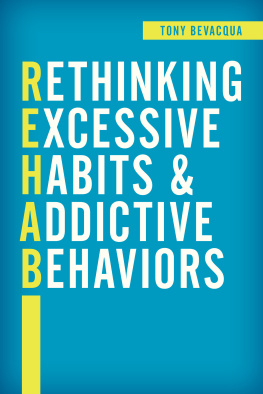
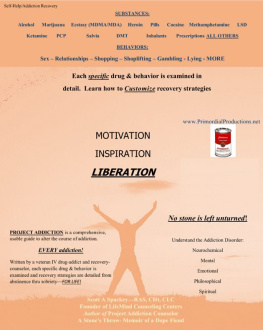

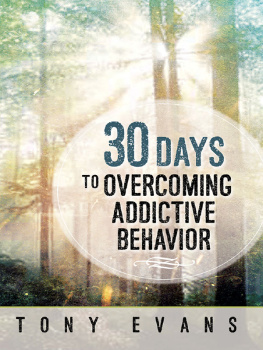
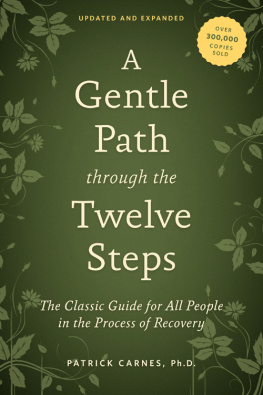
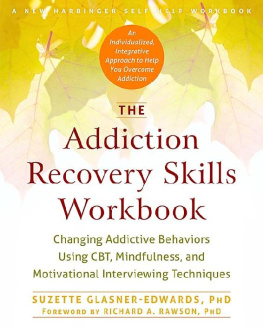
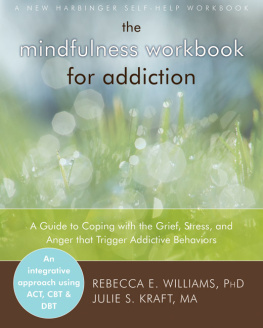
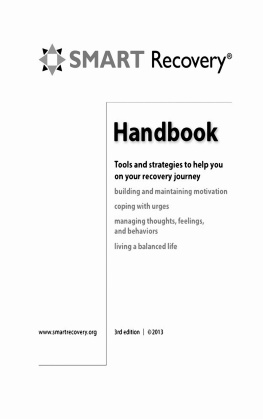
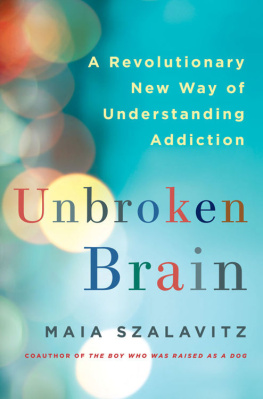
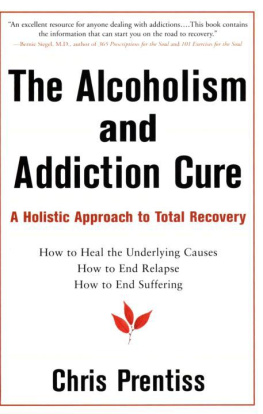
 TM The paper used in this publication meets the minimum requirements of American National Standard for Information Sciences Permanence of Paper for Printed Library Materials, ANSI/NISO Z39.48-1992.
TM The paper used in this publication meets the minimum requirements of American National Standard for Information Sciences Permanence of Paper for Printed Library Materials, ANSI/NISO Z39.48-1992.